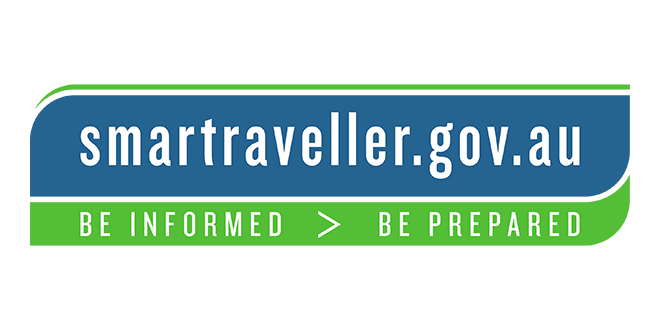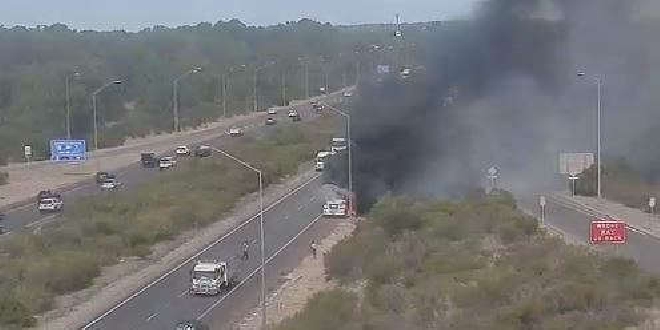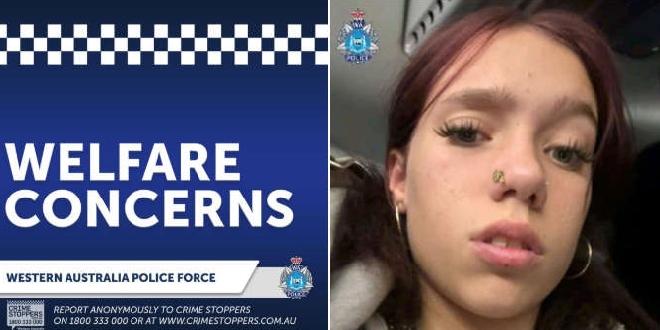
Read the latest update released this morning.
We now advise all Australians: do not travel overseas at this time. This is our highest advice level (level 4 of 4).
If you are already overseas and wish to return to Australia, we recommend you do so as soon as possible by commercial means.
Regardless of your destination, age or health, our advice is do not travel at this time.
As more countries close their borders or introduce travel restrictions, overseas travel is becoming more complex and difficult. You may not be able to return to Australia when you had planned to. Consider whether you have access to health care and support systems if you get sick while overseas. If you decide to return to Australia, do so as soon as possible. Commercial options may become less available.
If you are overseas and cannot, or do not want to, return to Australia, follow the advice of local authorities. Take care to minimise your risk of exposure to coronavirus including by self-isolating. If you choose to stay, note our ability to provide consular assistance in some places may be limited due to restrictions on movement and other services.
If you decide to return to Australia, you will now be required to self-isolate for 14 days. This applies to all travellers, including Australian citizens. For details see the Australian Border Force website.
Contact your airline, travel agent or insurance company to discuss your travel plans and options for cancelling or postponing current bookings, or to arrange commercial flights back to Australia.
All cruise ships which have sailed from a foreign port have been banned from entering Australian ports for 30 days.
We have issued this advice for two principal reasons:
1. There may be a higher risk of contracting COVID-19 overseas. You may come in contact with more people than usual, including during long-haul flights and in crowded airports. Health care systems in some countries may come under strain and may not be as well-equipped as Australia’s or have the capacity to support foreigners. You may not have your normal support networks overseas.
2. Overseas travel has become more complex and unpredictable. Many countries are introducing entry or movement restrictions. These are changing often and quickly. Your travel plans may be disrupted. You may be placed in quarantine or denied entry to some countries, and you may need to self-quarantine on return to Australia. Think about what this might mean for your health, and your family, work or study responsibilities.
All of the above advice has also been provided to Australian Government staff, who have been instructed to instead use video-conferencing and other communication technologies as much as possible.
The Foreign Minister decided on 17 March to offer voluntary departures globally for all dependants of staff at our overseas posts, staff at high risk due to underlying health conditions and staff the head of mission considers non-essential for ongoing operations.
For more information see our Coronavirus (COVID-19) – information for Australian travellers page.
For urgent consular assistance contact:
+61 2 6261 3305 from overseas
1300 555 135 from within Australia
+61 421 269 080 from SMS
For non-urgent inquiries, email smartraveller@dfat.gov.au



 The Lane Group renews partnership with Peel Thunder Football Club
The Lane Group renews partnership with Peel Thunder Football Club
 Concerns for missing man last seen in Coodanup
Concerns for missing man last seen in Coodanup
 Tributes flow for teen killed in Bouvard motorbike crash
Tributes flow for teen killed in Bouvard motorbike crash
 Teen driver taken to hospital after Stake Hill crash
Teen driver taken to hospital after Stake Hill crash
 Stolen Ford Mustang linked to southern suburbs incidents
Stolen Ford Mustang linked to southern suburbs incidents
 Baldivis: Truck fire forces closure of Kwinana Freeway
Baldivis: Truck fire forces closure of Kwinana Freeway
 Concerns for missing Baldivis girl
Concerns for missing Baldivis girl
 MARC leisure pool, pirate playground to close for several weeks due to maintenance works
MARC leisure pool, pirate playground to close for several weeks due to maintenance works
 Petition launched to change new Eastern Foreshore playground due to safety concerns
Petition launched to change new Eastern Foreshore playground due to safety concerns